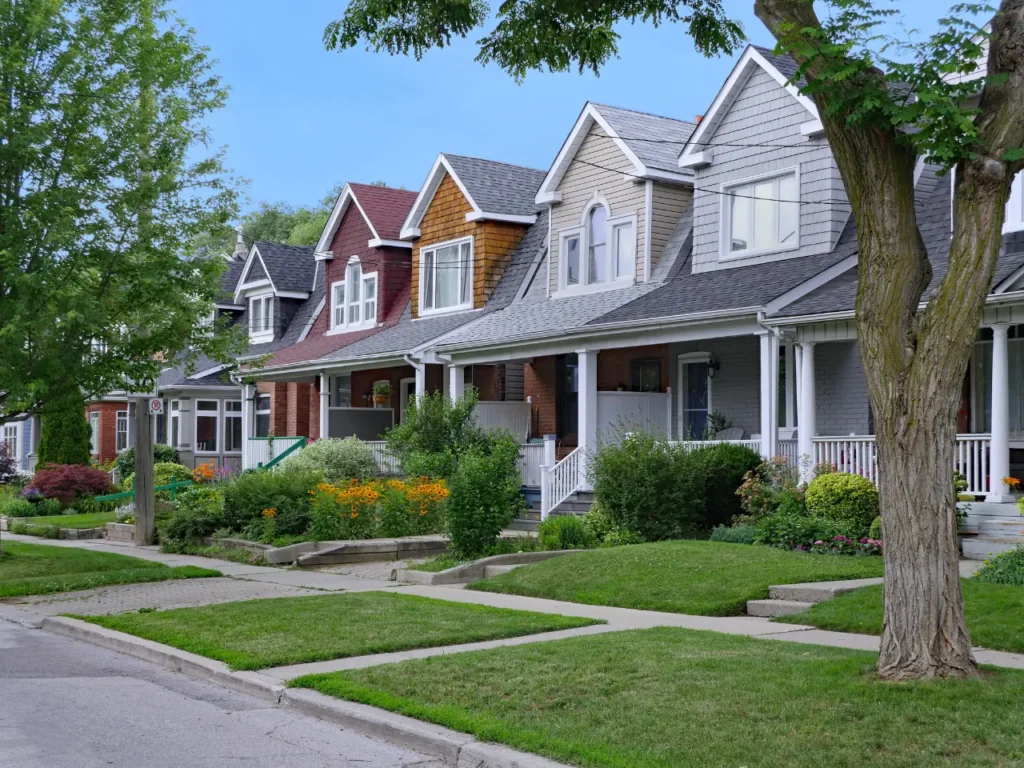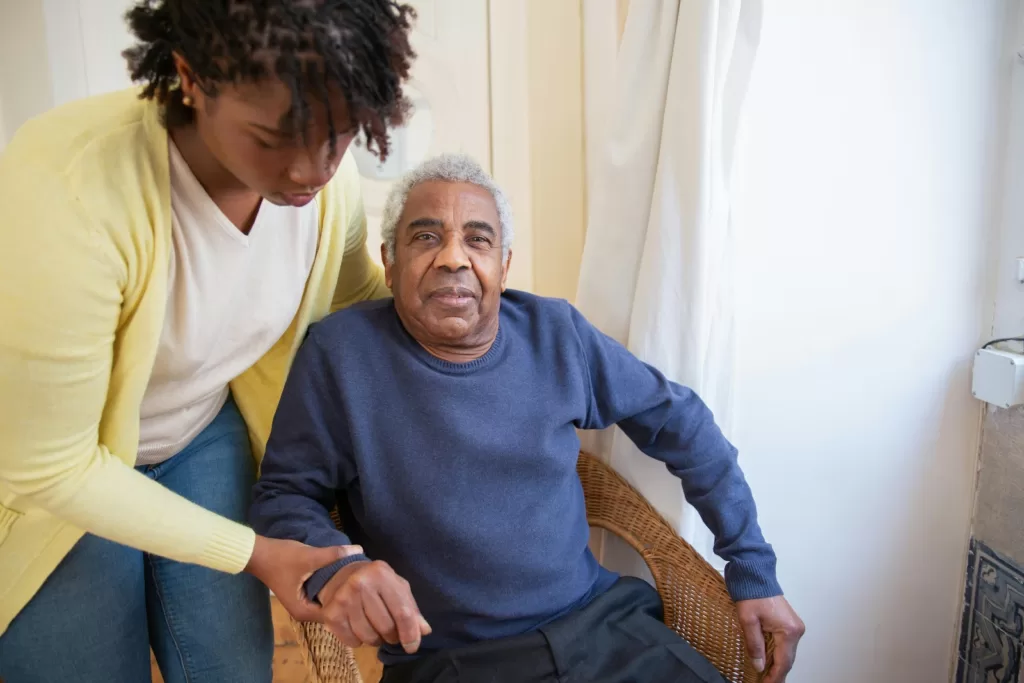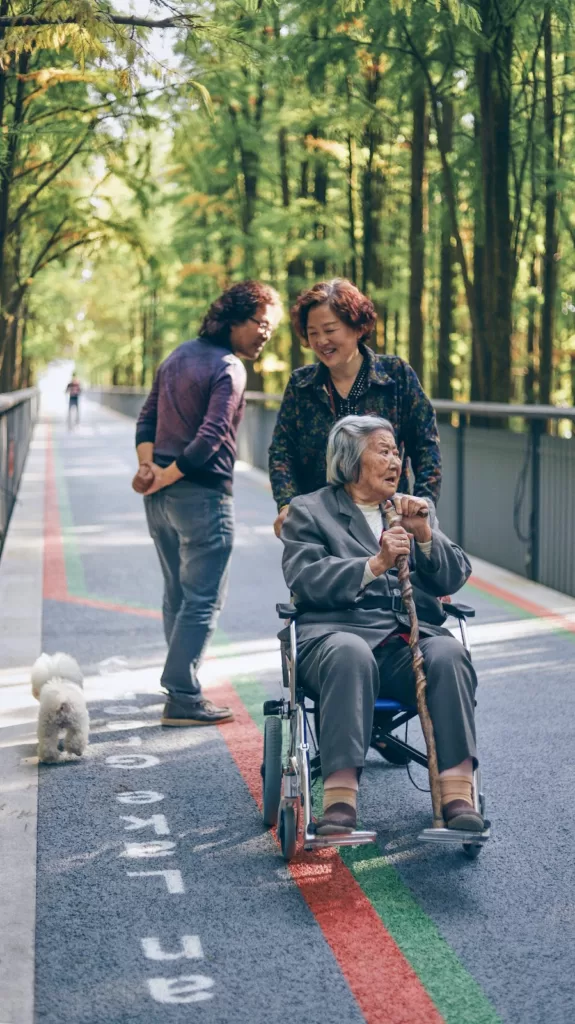Updated on September 11, 2024

Residential care is the type of care that involves helping residents in the home with their day-to-day needs such as moving about, washing up, dressing and even taking their medications.
Residential care homes are for people who need continuous help with their care. They have 24-hour access and provide help mostly for the elderly.
Some care homes are also set up to support a specific kind of need, such as dementia and a few other terminal illnesses.
How Do Residential Homes Work?
Residential care homes are generally for people who struggle to live independently, mostly because of their age, mobility problems, or mental deterioration.
They offer support, security, and interaction with other people around the clock, and this is a great medicine, mostly for persons living alone.
Here are things to note about how residential homes work if you or your loved one are seeking one:
1. Legal Documentation
This may include power of attorney or living wills. Regardless of what label it is, an applicant needs to have all documents intact to make the residential home application smoother and easier.
2. Know Your Financial Capability
There are some costs associated with residential care and a few of them include:
- Basic daily fee
This is a fee that helps to pay for the day-to-day activity such as meals, cleaning, and laundry, and it is paid on a fortnightly or monthly basis. The fee covers every day you are a resident, including days when you are away overnight e.g. on holiday or in the hospital.
The prices for basic daily fees and other fees are published on the Department of Health And Aged Website. From the current rates, the maximum daily fee is $61.96 per day.
- Means Tested Care
This is an extra contribution made by people toward their clinical care, and this payment is determined by a means assessment. It is a different case for everyone and not everyone has to pay it.
The means-tested fee care is between $0 to $417.41. But if you do need to make the payment, the Services Australia will let you know once you enter into residential care.
- Accommodation Costs
This is an amount that individuals pay to cover the full costs of their room and this depends on the means assessment. This simply means that
– If you are not eligible for government assistance with your accommodation cost, you will pay the full cost of your accommodation, according to the agreed price of your residential care.
– But, if you are eligible (low means) the government will pay part of your accommodation cost to the provider. Then you will have to pay an accommodation contribution, to complete the payment.
3. Health Reports
Here, residential facilities often require an adequate health assessment report, so they can be sure they can provide an adequate amount of care.
These reports include one’s medical history, a doctor’s recommendation, and their current medical report.
Types of Residential Care Facilities
- Low-Level Care: This is the type of care facility that offers personal care, such as washing, shopping, and taking medications. They are licensed and regulated for either temporary or long-term residents who can live independently.
- High-Level Care: This also provides personal care, but has qualified nurses and specially trained staff on standby. High-level care offers a 24-hour daycare to persons who cannot live independently anymore.
Others include:
- Family Type Homes: They offer long-term residential care, and housekeeping for four or fewer adults.
- Independent Living Homes: These are living apartments that are ideal for aged people who do not need personal or medical care, but would like to live with other aged persons who share similar interests with them.
- Enriched Housing: Here, individuals live in independent housing units. They offer a minimum of one meal per day and are licensed by the Ste Department Of Health.
- Assisted Living Program (ALP): This is an alternative to nursing homes, but for people who need help with their daily routine, but not 24-hour care.
Benefits Of Residential Care
- A secure environment
Living alone can be dangerous mostly for people with dementia, as they can get confused about where they are in the meantime. In a residential home, individuals are safe, as they are monitored 24 hours a day.
- Well-cooked meals
Residents’ meals are prepared with extra care and are tailored to their dietary requirements, making sure it satisfies them. Their meals are thoroughly cooked and nutritious. Their meals are balanced and they have a healthy diet, which they cannot keep up with if they are independent.
- Social Interaction
As individuals age, they start to become lonely, and if they live alone, it is even worse. Residential care homes, provide social lives for them. Individuals can be around different other persons, living, loving, and enjoying their old age.
- Residents can spend time with their loved ones and family
There is this belief that once an individual goes into a residential home, he or she is trapped in the outside world. This is not true. Friends and families can still visit, and they can still do things that they love.
Key Points To Note About Residential Care
1. Residential care provides personal care for the day-to-day activities of an individual e.g. washing, bathing, medications, etc.
2. To choose the right residential facility, you need to consider the cost, location, and quality of care being proposed.
3. The services provided by residential homes include emergency response systems, security, meal preparation according to diets, and health support.
4. Residential facilities vary, so be very detailed when making a choice.
How Does Residential Care Address the Emotional and Psychological Needs of Their Residents?
By organizing activities and promoting social activities. They also make sure they are empathetic with their resident’s feelings when addressing them.
What Are the Typical Policies Around Visitation?
Visitations greatly influence the bond between families, and residential homes do not take that away. These visitations allow you to bond with your family members on a closer level.
Younger People in Residential Aged Care
Residential care is mostly for the elderly. However, younger individuals, under the age of 65, sometimes find themselves here too.
At the Centre for Disability Support, we recognise the unique challenges faced by these younger individuals and are committed to providing tailored support.
Whether you’re seeking support for yourself, a loved one, or simply wish to learn more about our services, we’re here to help.
MORE FROM CENTRE DISABILITY SUPPORT
Does Your Mum Need Assisted Living or a Nursing Home?
How Does Assisted Living Work Financially?
What Makes You Eligible For Assisted Living?



